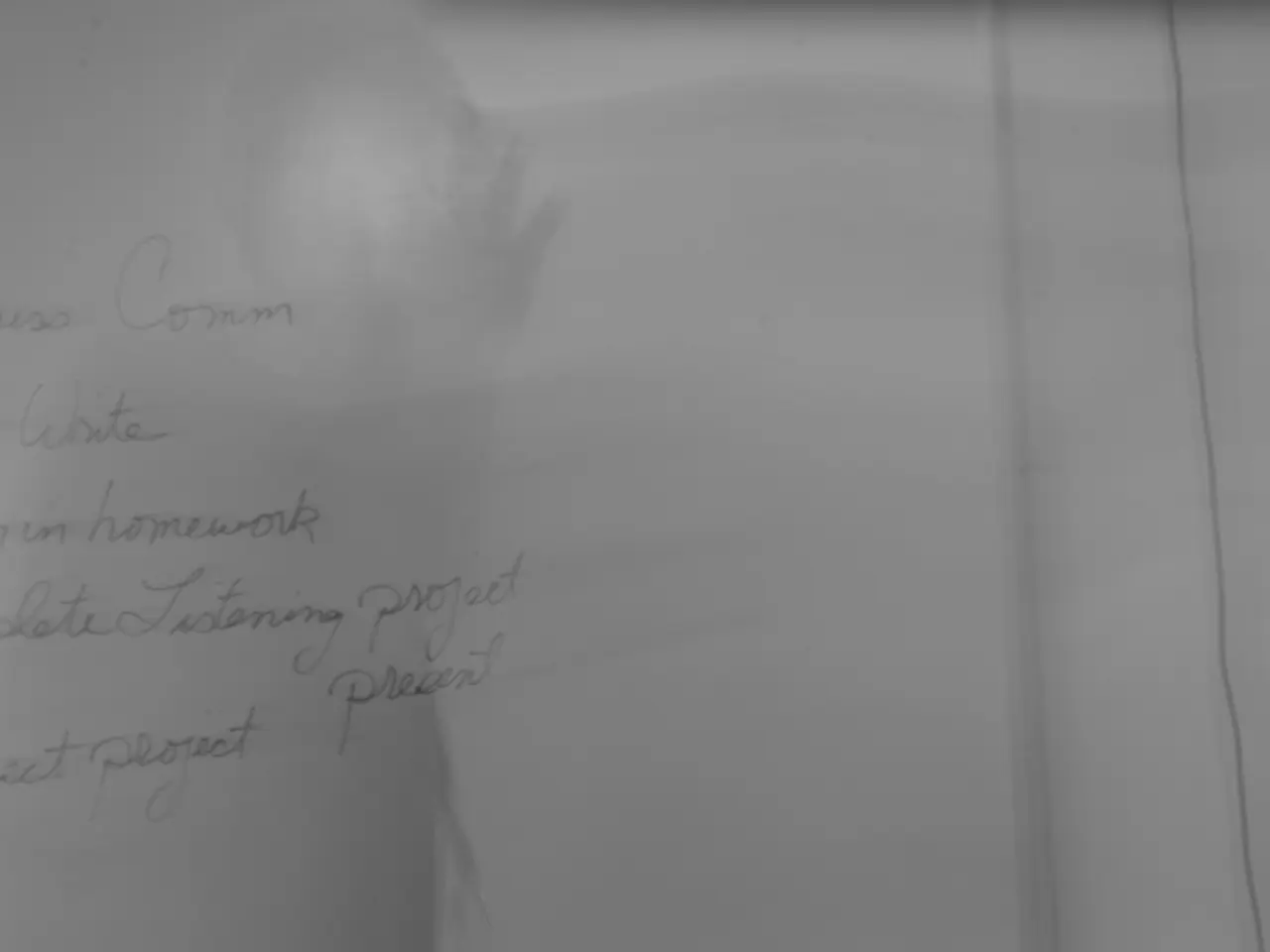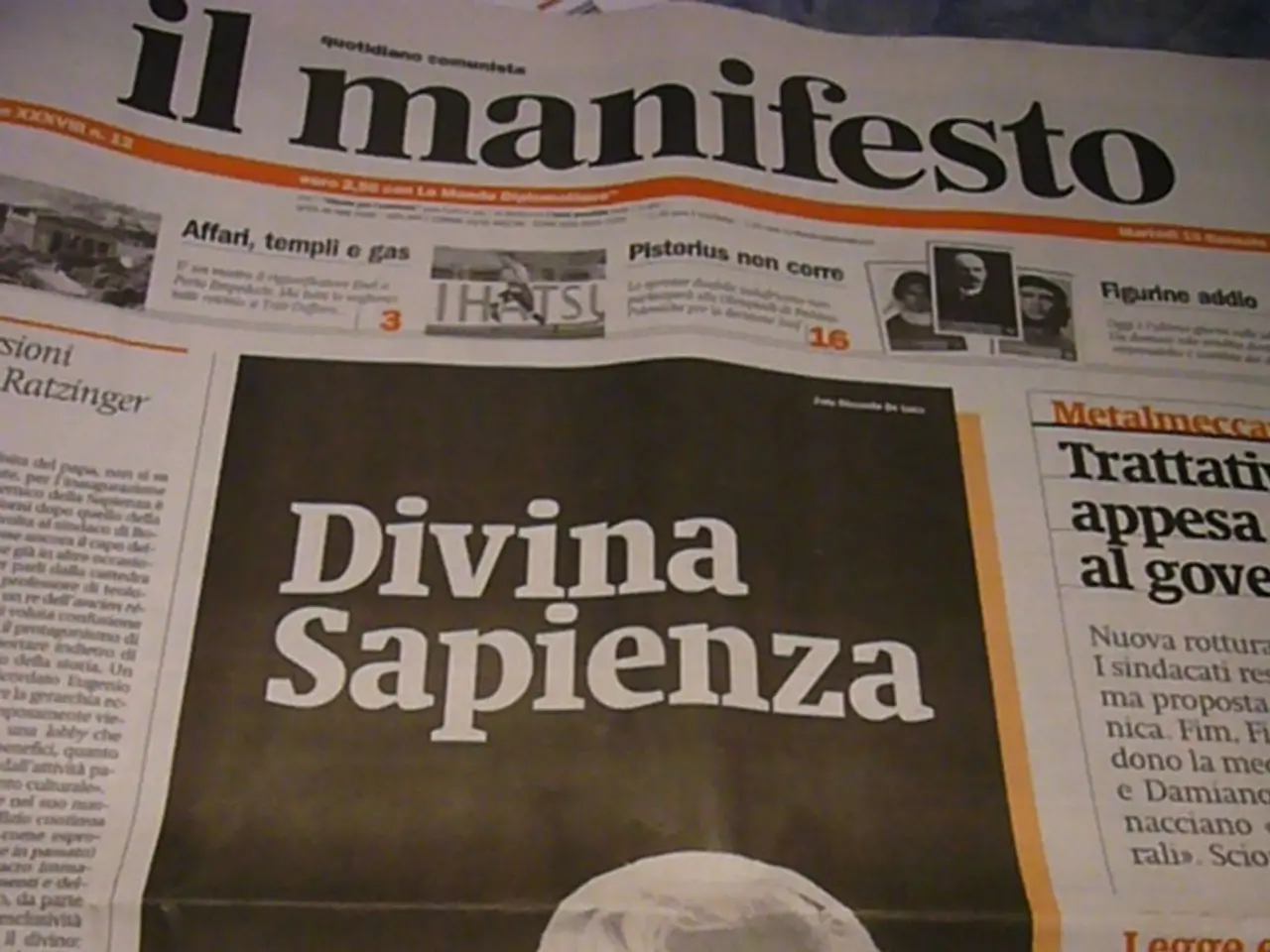University refuses impositions on Israeli administration
German Political Parties Differ in Stance on Israel Sanctions
In a significant development, the Social Democratic Party (SPD) in Germany has called for a tougher stance towards Israel, while the Christian Social Union (CSU) has rejected sanctions against the Israeli government.
The SPD, a part of Germany's governing center-left coalition, supports increasing diplomatic pressure on Israel due to the worsening humanitarian crisis in Gaza. According to surveys, about 77% of SPD supporters favour this approach. This contrasts with the CSU’s outright rejection of sanctions but aligns with a broader public call for Germany to take a tougher position to address humanitarian concerns in Gaza.
The CSU, a historically pro-Israel, conservative party, views Israel as a close ally and "friend." CSU Secretary General, Martin Huber, emphasized that while criticism of Israel is allowed, sanctions between friends are unacceptable. Huber specifically dismissed proposals such as excluding Israel from EU programs or imposing entry bans on Israeli politicians, highlighting the importance of maintaining strong ties with a democratic, legally elected government.
Meanwhile, Dirk Wiese, the SPD parliamentary group leader, has called for a toughening of Israel's policy. Wiese considers the humanitarian situation in the Gaza Strip to be a man-made catastrophe and believes that the time for appeals is over. He advocates for political pressure and concrete progress to address the crisis.
It's worth noting that the CSU has ruled out entry bans against two far-right Israeli ministers, as several states, including Britain and Canada, had imposed in mid-June. However, Germany remains cautious about this matter, keeping the step of suspending Israel's participation in the Horizon Europe research funding program open.
Wiese's call comes during Foreign Minister Heiko Maas's Middle East trip. The SPD leader believes that German arms exports for the protection of the Israeli state are permissible, but they must not be used for violations of international law.
This reflects a broader divide in German politics, where the CSU holds a pro-Israel, conservative view opposing sanctions, while the SPD and other center-left or left parties advocate stronger responses to the humanitarian issues in Gaza.
- The community policy of Germany's political parties, especially the SPD, favors increasing diplomatic pressure on Israel due to humanitarian concerns in Gaza, which contrasts with the employment policy of the CSU, exhibiting their contrasting stances on Israel sanctions.
- In German general-news, politics shows a division between the CSU, maintaining a pro-Israel stance and rejecting sanctions, and the SPD, advocating for a tougher employment policy and supporting stronger responses to humanitarian issues in Gaza, highlighting a broader political shift.







